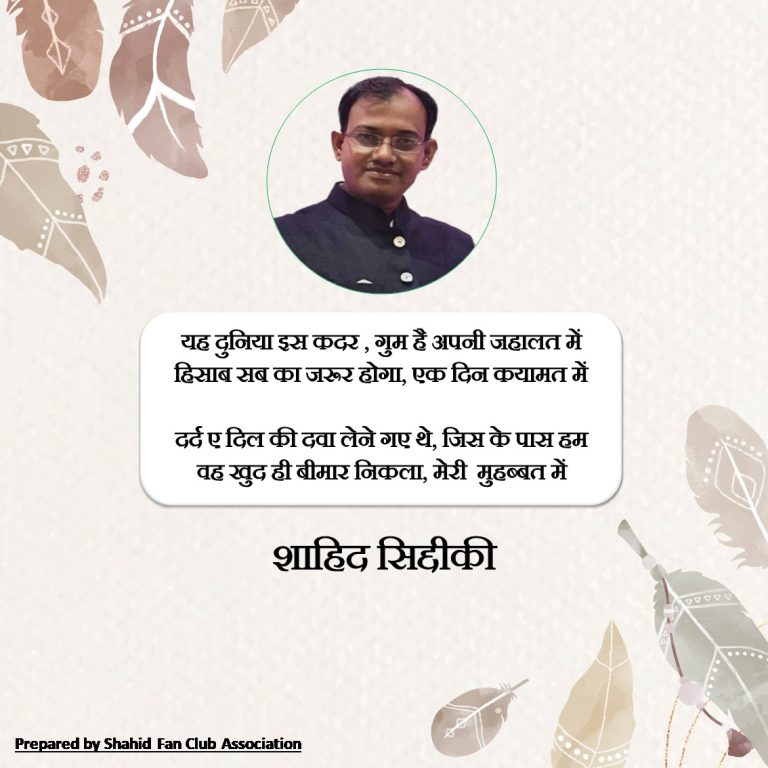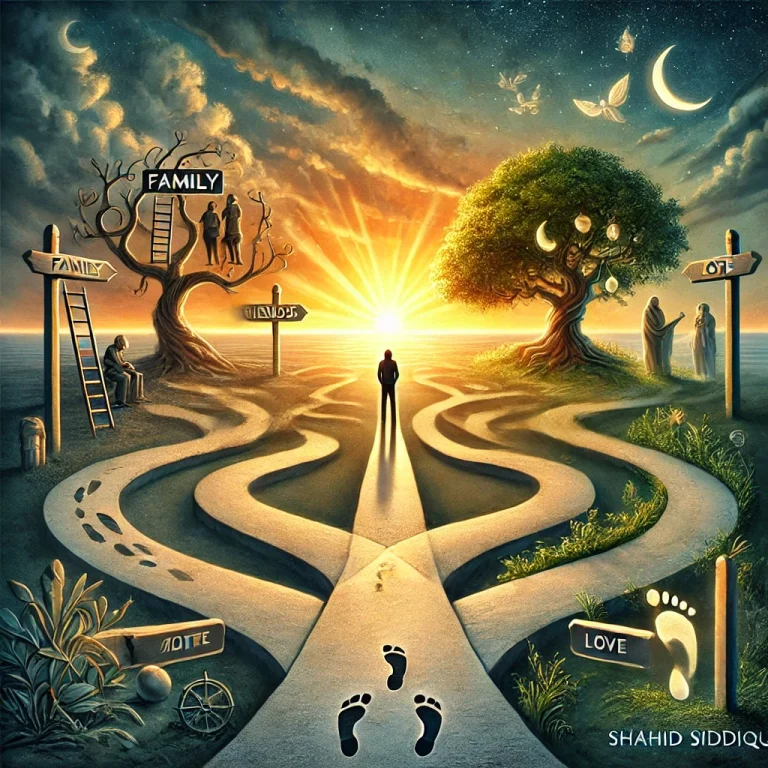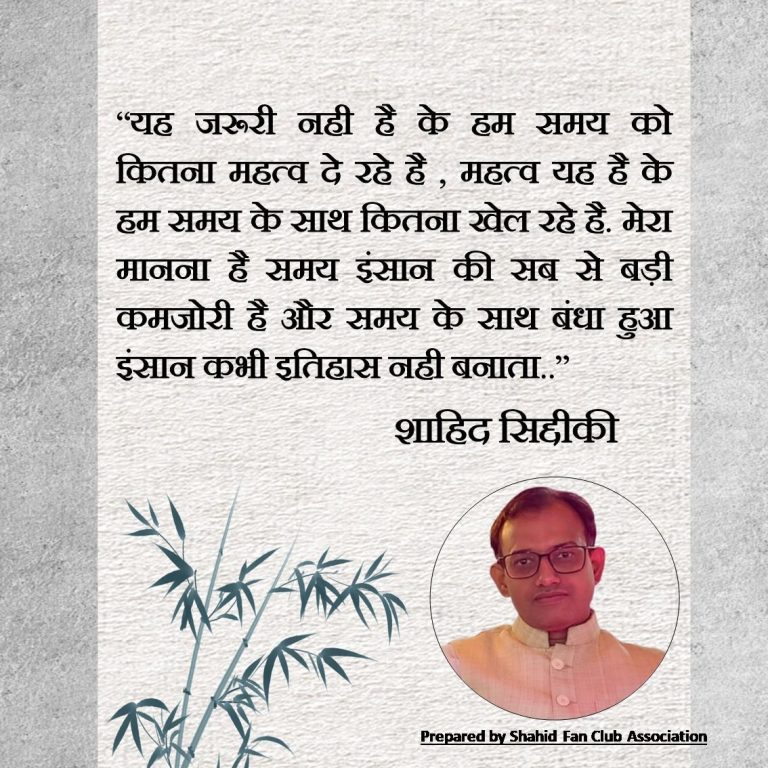Unity in Diversity: The Concept of Religions Across Cultures
Unity in Diversity: The Concept of Religions Across Cultures
Unity in Diversity: The Concept of Religions Across Cultures
By: Shahid Siddiqui
Chapter I: Introduction
Religion has been an integral part of human existence since the dawn of civilization. It encompasses a wide range of beliefs, practices, and cultural systems that have shaped societies across the globe. At its core, religion is a profound connection between individuals and the divine, often manifesting through worship, rituals, and moral codes that guide everyday life.
In this book, “Unity in Diversity: The Concept of Religions Across Cultures,” we embark on a journey to understand the multifaceted nature of religion. We will explore how different cultures perceive the divine, how faith influences daily practices, and the universal themes that unite various religious traditions.
The Essence of Religion
Religion is more than a set of doctrines or rituals; it is a deeply personal and communal experience that resonates in the hearts of its followers. It provides answers to existential questions, offers solace in times of distress, and fosters a sense of belonging and community. Whether it is the serene recitation of prayers, the vibrant festivals, or the solemn rituals, religion permeates all aspects of life. It is very wrong to say that there is no creator of the universe; many feel the presence of God in their lives. We do not create anything, rather we discover it. Often, there is a sense that God provides us with things along with the world.
Historical Perspectives
Throughout history, humans have sought to understand their place in the universe and their relationship with the divine. From ancient polytheistic practices to the development of monotheistic religions, the evolution of religious thought is a testament to humanity’s quest for meaning. By examining historical perspectives, we gain insight into how religious beliefs have transformed and adapted over time.
Practices and Rituals
Religious practices and rituals are the tangible expressions of faith. They serve as a bridge between the mundane and the sacred, allowing individuals to connect with the divine. In Hinduism, pooja and aarti bring worshippers closer to their deities through offerings and chants. In Islam, the daily prayers of namaz and the holy month of Ramadan cultivate a deep sense of devotion and discipline. Christianity’s sacraments, Buddhism’s meditation, and Sikhism’s communal meals all highlight the diverse ways in which faith is practiced.
Personal Faith and Community
While religious practices can vary widely, the underlying faith that drives these actions is a universal phenomenon. Personal faith is a deeply intimate experience, often rooted in upbringing, personal experiences, and spiritual encounters. This faith extends beyond individual practice to influence family, community, and societal norms. By exploring personal stories and testimonies, we see how faith is woven into the fabric of everyday life.
Comparative Theology
Despite the diversity in religious practices, there are common themes and values that resonate across different faiths. The concepts of love, compassion, justice, and the search for truth are integral to many religions. Comparative theology allows us to identify these shared beliefs and understand the unique features that distinguish each religion.
Faith and Reason
The relationship between faith and reason has been a subject of philosophical inquiry for centuries. This section delves into the dialogue between religion and science, exploring how they intersect and diverge. Philosophical arguments for and against the existence of God provide a deeper understanding of the intellectual dimensions of faith.
Modern Perspectives
In the contemporary world, religion continues to play a significant role amidst changing social and cultural landscapes. Modern perspectives on religion address the challenges and opportunities faced by faith communities today. Interfaith dialogue and efforts to promote mutual understanding and respect highlight the ongoing relevance of religion in fostering global harmony.


